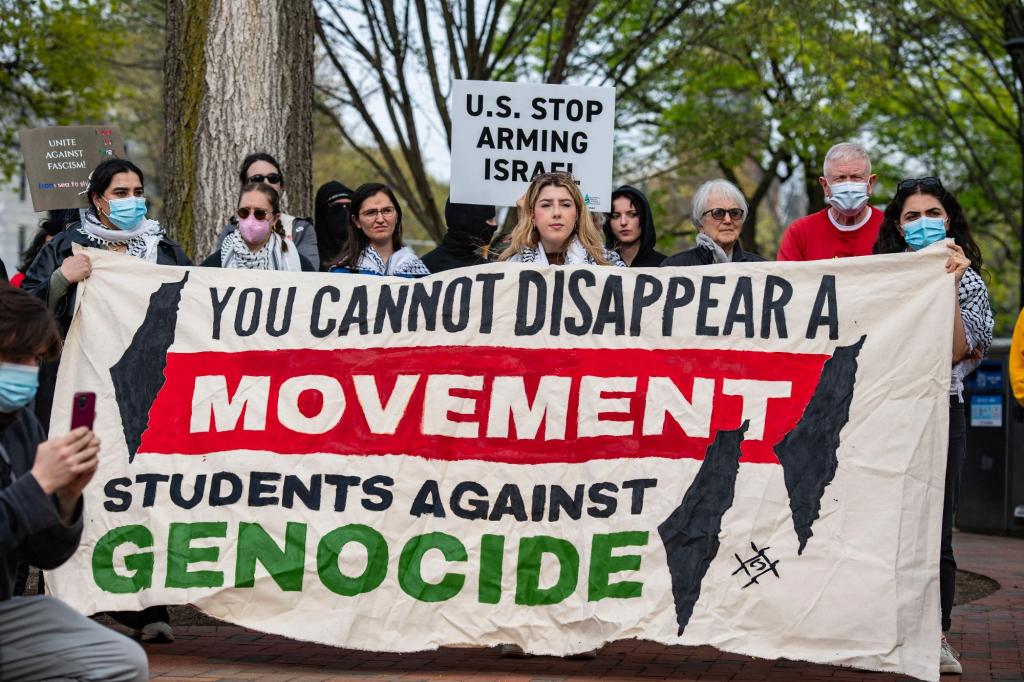Harvard Report Reveals: Internal Dynamics of Campus Political Discourse Spark Institutional Reflection

The recent report on antisemitism has sent shockwaves through academic circles, revealing a deeply troubling pattern of ideological capture within university institutions. With surgical precision, the investigation exposed the extent to which radical leftist ideology has infiltrated and transformed academic spaces, creating an environment that increasingly marginalizes Jewish students and suppresses diverse perspectives.
The findings are more than just a critique; they represent a stark warning about the erosion of intellectual freedom and balanced discourse in higher education. What began as a well-intentioned pursuit of social justice has mutated into a narrow, dogmatic approach that ironically undermines the very principles of inclusivity and critical thinking that universities should champion.
Most alarming is how this ideological takeover has normalized antisemitic rhetoric under the guise of political activism, creating hostile environments for Jewish students and scholars. The report lays bare the systematic way in which extreme political narratives have been allowed to dominate academic dialogue, effectively silencing nuanced debate and genuine intellectual exploration.
As institutions of higher learning continue to grapple with these challenges, this report serves as a critical wake-up call. It demands immediate and substantive action to restore academic integrity, protect diverse voices, and recommit to the fundamental values of open, respectful scholarly discourse.
